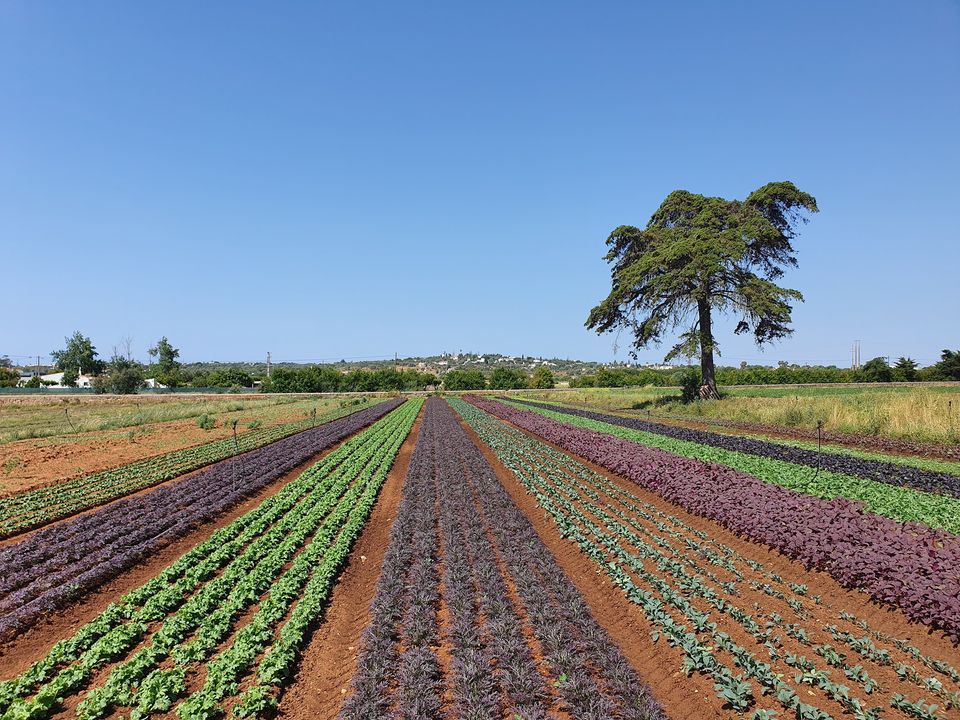Coriander, mint, parsley, rosemary, thyme and even red amaranth. A Danish group decided to invest and chose the Algarve to produce organic aromatic herbs.
Brian Knudsen is from Denmark, he came to the Algarve for family reasons and ended up discovering, in Lagoa, the ideal place to produce aromatic herbs.
A few kilometers from the sea, in the town of Bemveja, it cultivates coriander, mint, parsley, rosemary, thyme, chives, lemongrass and other lesser-known herbs such as red amaranth, a super-food originating in Peru. seeds were considered as precious as gold by the Incas and Aztecs.
“We created Schroll Flavors at the end of 2017 with the Schroll group, a Danish company that also produces hydrangeas here in the Algarve. Our main objective is to produce fresh aromatic herbs in organic production for the European market», explains the entrepreneur.
In the open air – or in plastic tunnels – there are 18 hectares of aromatic herbs, divided between two farms certified as organic.
“In the early years we felt some difficulty in producing organic, but we learned that, if we work with nature and respect it, we can easily put the soil to work for us”, says Brian.
Schroll Flavors aromatic herbs are sold in Portugal by Vasco Pinto and Vitacress and can also be tasted in France, Belgium, Switzerland, Denmark, Germany and England. The secret of its shelf life is a simple cold treatment in a vacuum chamber at 3, 4 degrees for 15 minutes.
Brian is optimistic about the increase in the production and consumption of organic foods in Portugal and Europe. «We have plans to expand the business and grow hand in hand with the organic market. Although Covid-19 has slowed growth, I'm sure it will pick up again. People today are more aware of sustainability», he says.
In 2018, the European Union imported 3,4 million tons of organic food, with China as the main supplier. To reduce dependence on imports and encourage a fair, sustainable and environmentally friendly food system, the European Commission proposes as a target to Member States that 25% of the EU's arable land be converted to organic farming by 2030.



















Comments